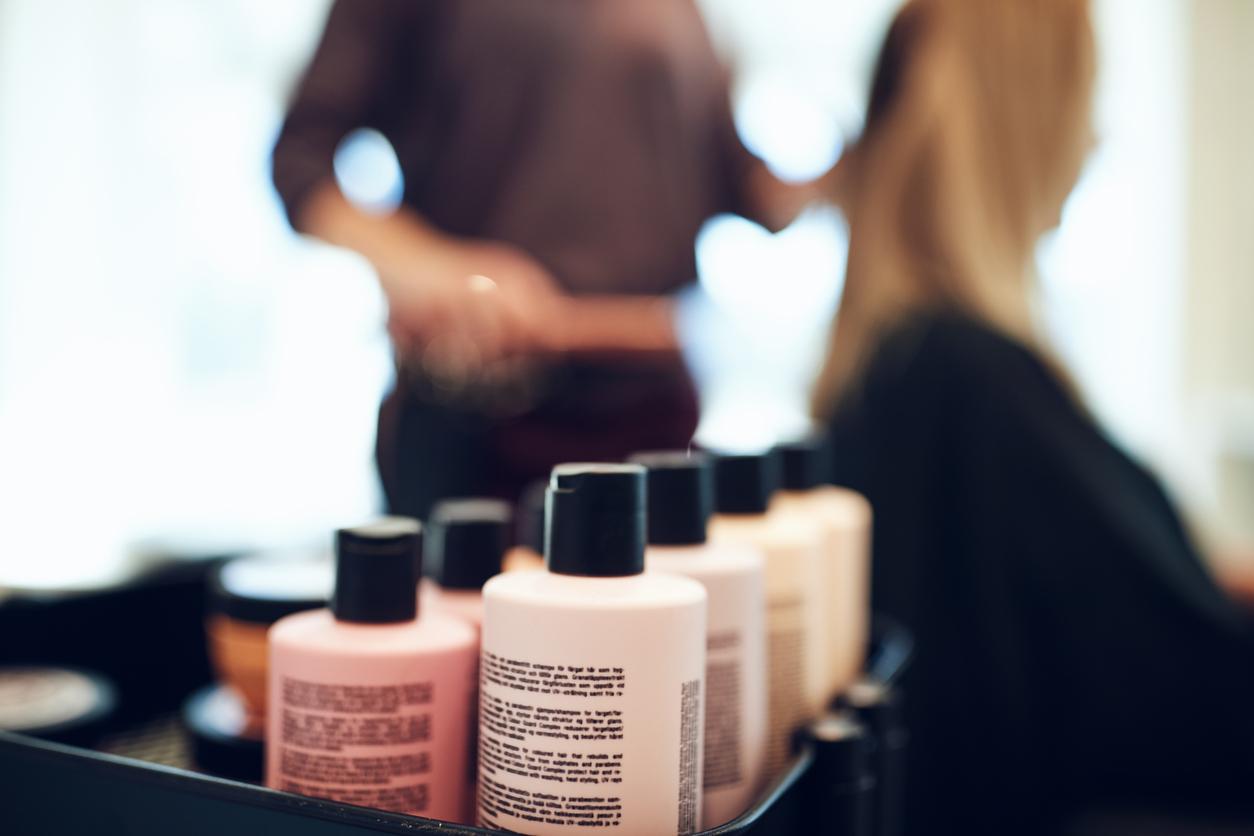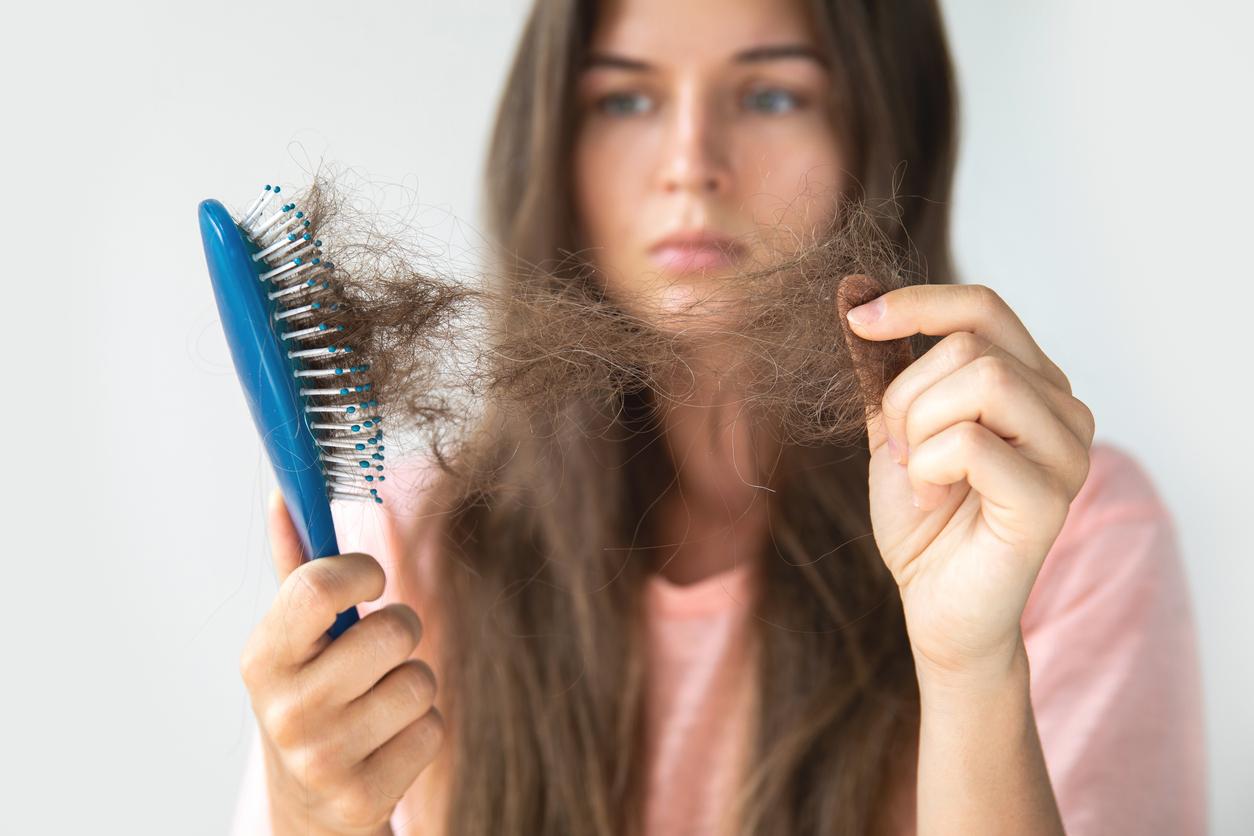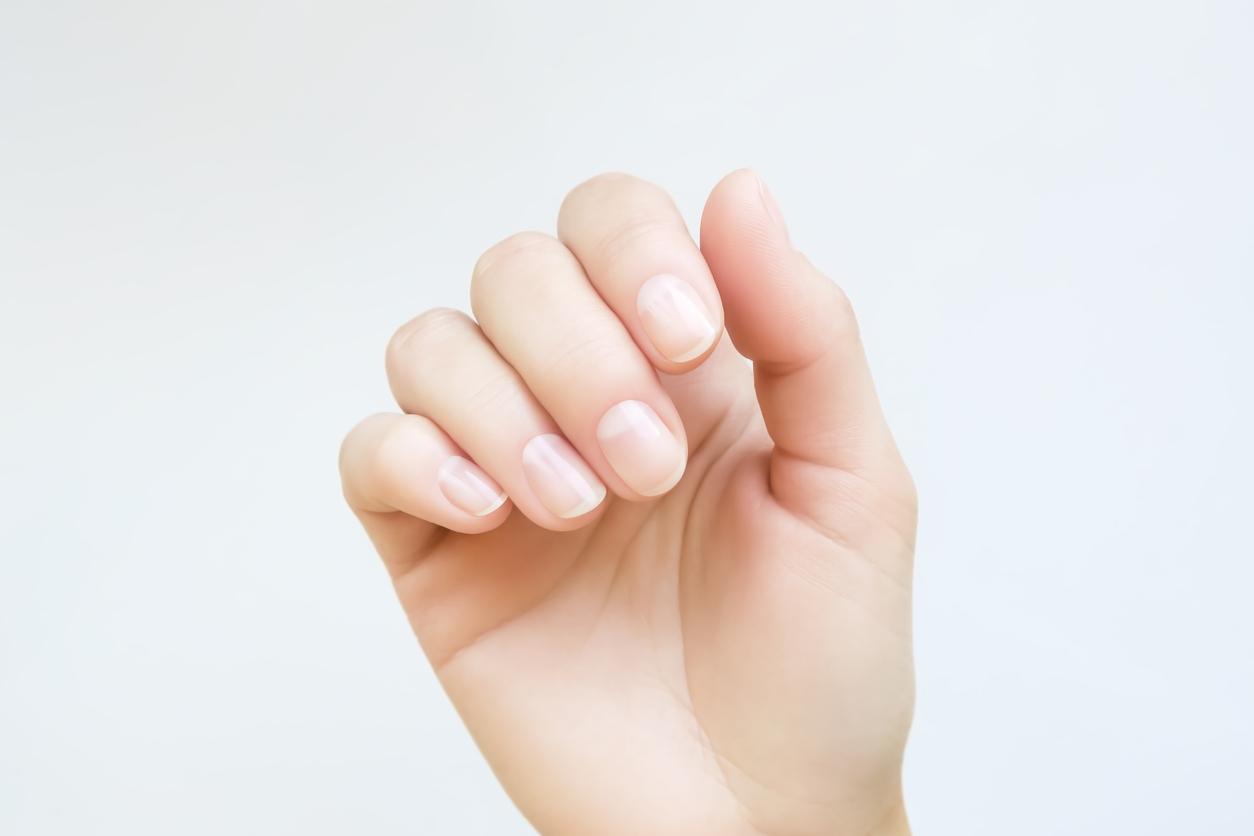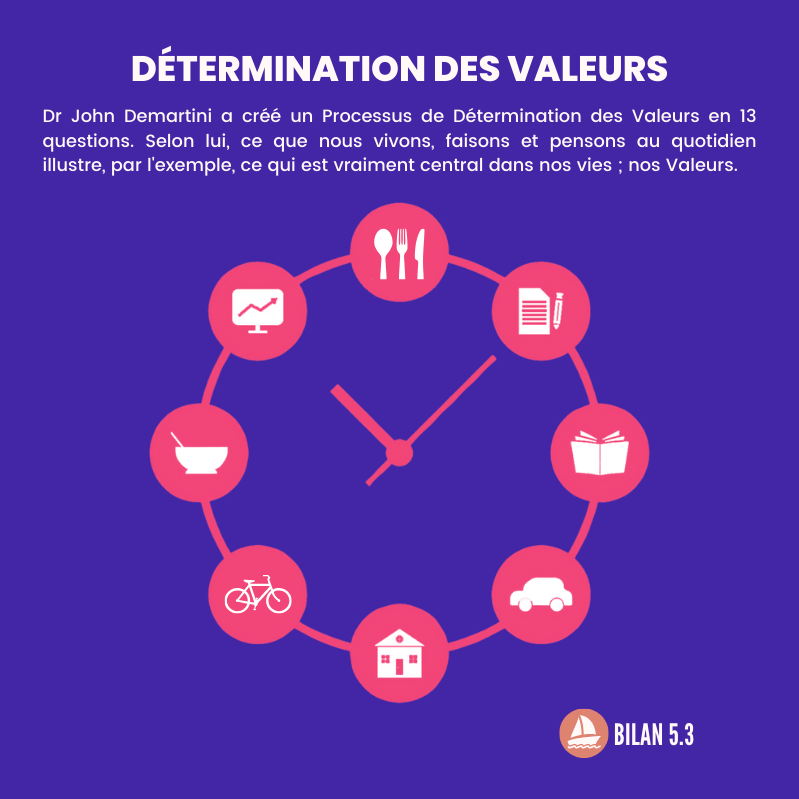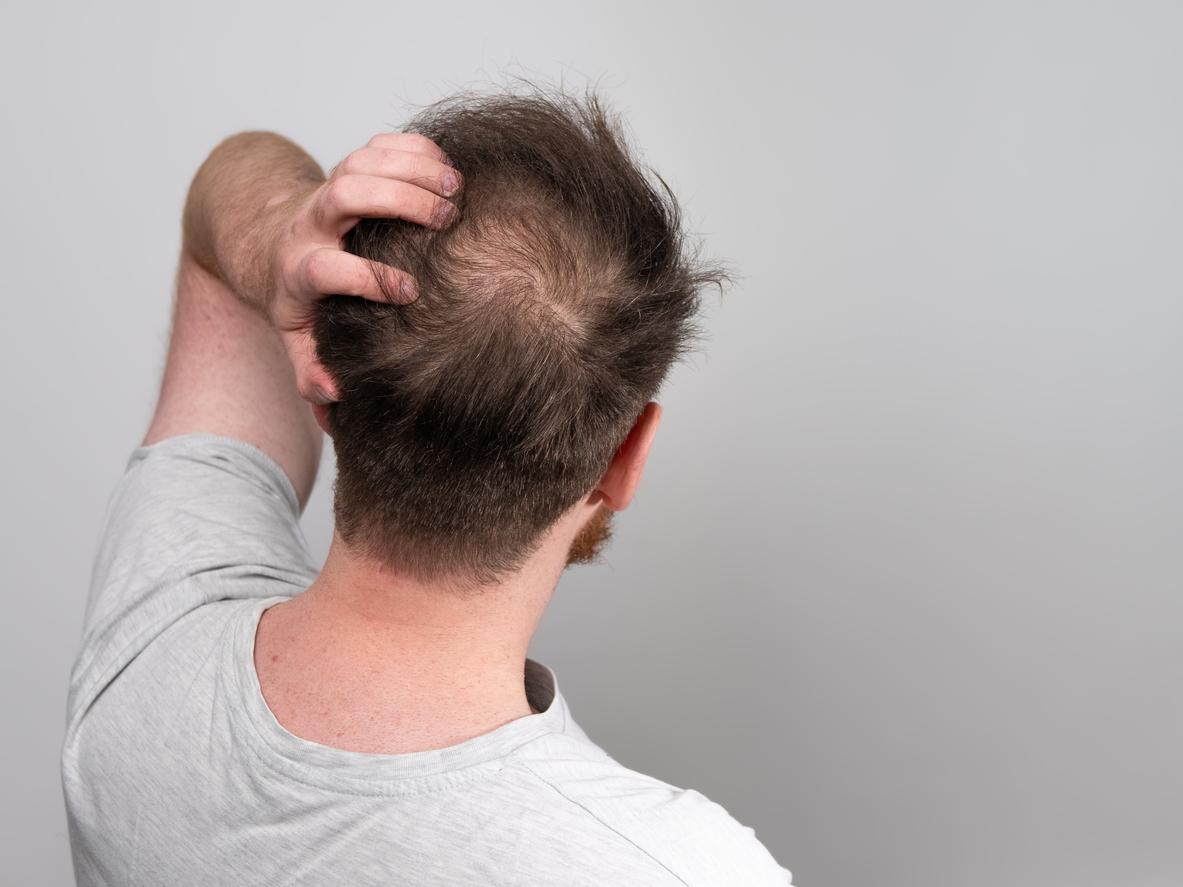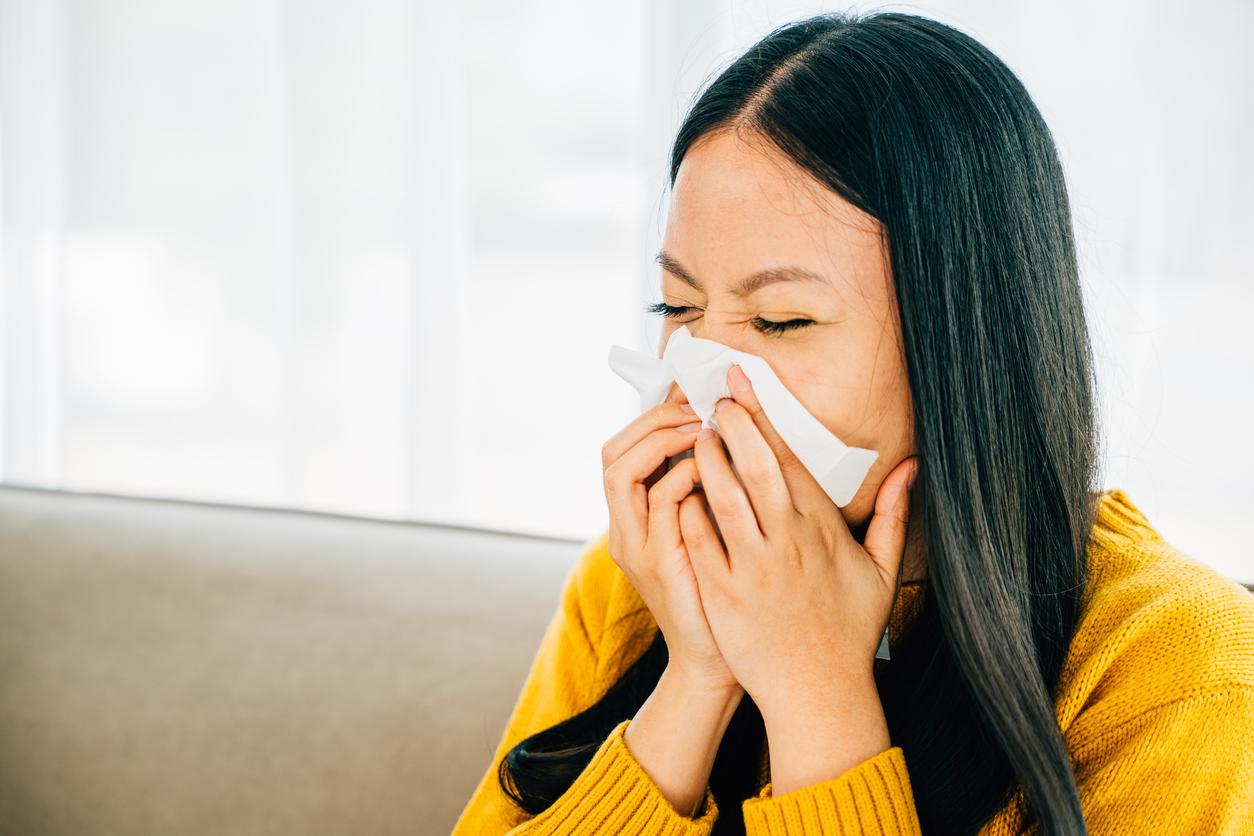
Remove or leave?
Nothing seems as superfluous as pubic hair. More and more people are taking it away. Because it is more beautiful or because they find it more hygienic. But is that really so? Is the pubic hair still useful? Plus Health asked sexologist and relationship therapist Henriëtte Schoones.
1. Why do we have pubic hair?
“Body hair protected against the cold in prehistoric times. Growing pubic hair was an indication that women and men were sexually mature.
Evolution has made pubic hair less necessary, but we still have it. One of the reasons is that the pubic area contains glands that produce pheromones. Pheromones are hormonal fragrances that play a role in whether you find someone (sexually) attractive. These pheromones are retained and spread by the pubic hair.
Finally, pubic hair also protects against bacteria, which can be transmitted through friction.”
2. Where does the name pubic hair come from?
“It is not entirely clear where the name pubic hair comes from. In any case, it is certain that it is culturally determined. In southern European countries they don’t talk about pubic hair, but they use derivations from the Latin pubes. Literally that means cross hair.
Only in a few countries is the word pubic hair associated with the word ‘ashamed’. This word probably originated through social and ecclesiastical influences.”
3. Why does some have little pubic hair and others have a lot of pubic hair?
“Whether you have a lot of pubic hair or not a lot depends on the breed. In general, Japanese and Korean people are sparingly endowed with pubic hair, so they do a lot to look hairier. Some women even use pubic wigs.
Moroccan and Turkish men and women are much more generously endowed with pubic hair. According to Islam, shaving body hair is considered a hygienic measure for both men and women, as is brushing teeth and washing hands.
Also the amount testosterone in the body causes more or less pubic hair in both men and women.”
4. Is shaving pubic hair more hygienic than leaving it alone?
“No, on the contrary. By shaving your pubic hair regularly, you increase the chance that the hair roots will become inflamed, causing your skin to also inflame.
hair removal is a fad and the industry that puts the hair removal products on the market is prospering. The porn industry is often blamed for this. Not only the pubic hair is removed; you also see fewer and fewer women with armpit hair. But all that hair removal is not necessarily more hygienic.”
5. Does depilation of the pubic area affect pubic lice and STDs?
“pubic lice is usually transmitted through physical and sexual contact. You can also get pubic lice or flats from shared bedding or towels. They live on human blood. If you don’t have pubic hair, they can get into the armpits or eyebrows. Not on your hair. Pubic lice attach to thicker hair, head lice to thinner hair.
Doctors advise not to shave your pubic hair with pubic lice, but to wash the hair with special lotion. It is equally important to wash clothes, bedding and towels. If someone has contracted pubic lice during sexual contact, it is wise to also investigate other STDs.
If it shave of your pubic area influences getting STDs has not yet been studied. You would think that shaving can cause the skin to become inflamed, increasing the chance that bacteria will end up in the mucous membranes of your genitals. On the other hand, pubic hair does not protect against STDs.”
Henriëtte Schoones specializes in sexual and relationship problems. She has her own practice for sexology and couples therapy in Tiel and works as a sexologist in the Rivierenland Hospital in collaboration with the gynaecologists. In addition, she answers to ask that arise in a relationship.







